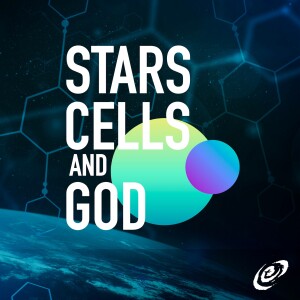
Thursday Sep 08, 2022
RNA Assembly on Glass and AI for Scientific Research
Join Fazale “Fuz” Rana and Jeff Zweerink as they discuss new discoveries taking place at the frontiers of science that have theological and philosophical implications, as well as new discoveries that point to the reality of God’s existence.
AI for Scientific Research
Scientists have sought to utilize machine learning techniques—those that undergird most AI advances—for decades. While many interesting possibilities surface, they never seem to materialize examples of machine learning working better than human driven algorithms. Will humans always outperform AI options in scientific research, or have we just not found the right approach to AI yet?
RNA Assembly on Glass
Recently, a research team from the Foundation for Applied Molecular Evolution (FAME), led by origin-of-life researcher Steve Benner, demonstrated that ribonucleotide building blocks could be assembled into RNA polymers (around 90 to 300 subunits in size) by glass catalysts. The research team maintains that their findings add fresh support for the RNA world hypothesis, making it that much more reasonable to think that life arose on Earth via chemical evolution. Is their conclusion valid?
In this episode of Stars, Cells, and God, Fuz and Jeff discuss these important topics.
Links and Resources:
- Catalytic Synthesis of Polyribonucleic Acid on Prebiotic Rock Glasses
- Scientists Announce a Breakthrough in Determining Life’s Origin on Earth—and Maybe Mars
- Prebiotic Chemistry and the Hand of God
- DeepLSS: Breaking Parameter Degeneracies in Large-Scale Structure with Deep-Learning Analysis of Combined Probes
No comments yet. Be the first to say something!